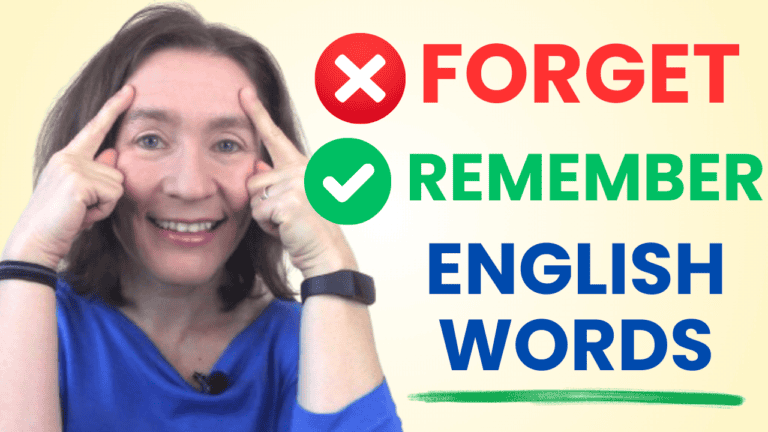
The English language is always expanding! Every year, new English words are added to the dictionary. These are usually words that have become frequently and widely used, so their meanings are well-established among English speakers.
You might have seen some of these words around the internet – and now they’re officially part of the Merriam-Webster dictionary:
photobomb (v.)
To move into the frame of a photograph (so that you’ll appear in the picture) as the photo is being taken. This can be done on purpose, as a joke or prank, or unintentionally. When someone photobombs your picture, it can ruin the picture or make it funny.
ghost (v.)
If you ghost someone, it means you stop all contact with that person – you don’t reply to their calls, texts, or messages. This is often done in casual romantic relationships when one person doesn’t want to continue the relationship, but doesn’t have the courage to say so directly – so they “ghost” the other person by simply “disappearing” and failing to respond.
train wreck (n.)
The word “wreck” is another way to say “accident,” such as a car accident. The term “train wreck” describes any situation that is a complete disaster or mess, with a lot of damage or trouble.
ride shotgun (v.)
This is simply an informal way to talk about riding in the front passenger seat of a car (the front seat next to the driver).
face-palm (v.)
This means to cover your face with your hand as an expression of embarrassment – it could be that you are embarrassed yourself, or it could be because you are embarrassed at someone else’s ridiculous or stupid behavior.

food insecure (adj.)
A person or family who is food insecure can’t access or can’t afford (can’t pay for) food regularly. Their situation is unstable because they can’t always get food.
side-eye (n.)
“Giving someone side-eye” means looking at the person out of the sides of your eyes (not looking directly) with an expression of suspicion or disapproval.
truther (n.)
A truther is someone who believes that the truth or the real facts about an important event or topic are being hidden from the public by a conspiracy (secret plan) – for example, people who believe that the attack of 9/11 was actually done by the U.S. government, not terrorists. People who are “truthers” are often considered crazy or unintelligent.
microaggression (n.)
Microaggressions are small actions or comments that indirectly show racism or prejudice towards members of a minority group – for example, a security guard following a black person around a store, as if concerned that he/she might steal something.
troll (n. / v.)
To deliberately post offensive or inflammatory comments (comments attacking people or saying things that will make people angry) on the internet just to upset people or make them react or argue. The word “troll” can be used as a verb to describe this action, and as a noun referring to the person who does such an action.
Learn more: 100 synonyms to expand your vocabulary










